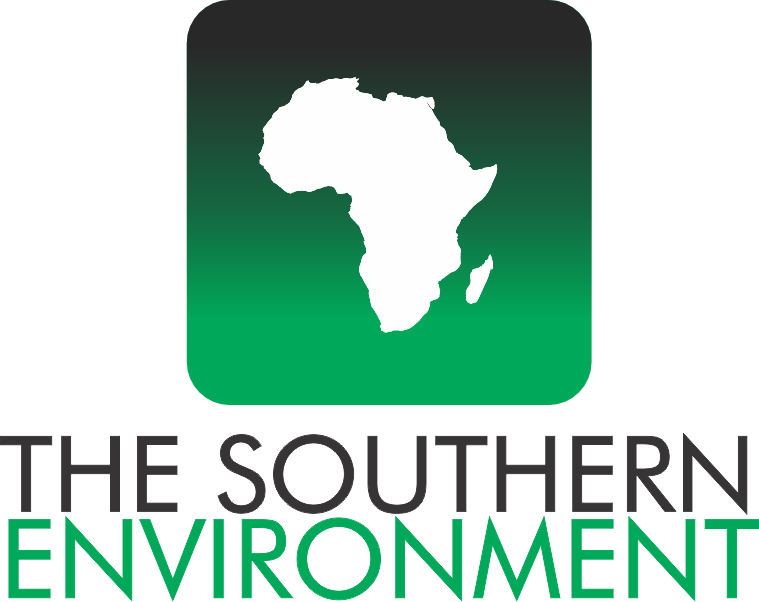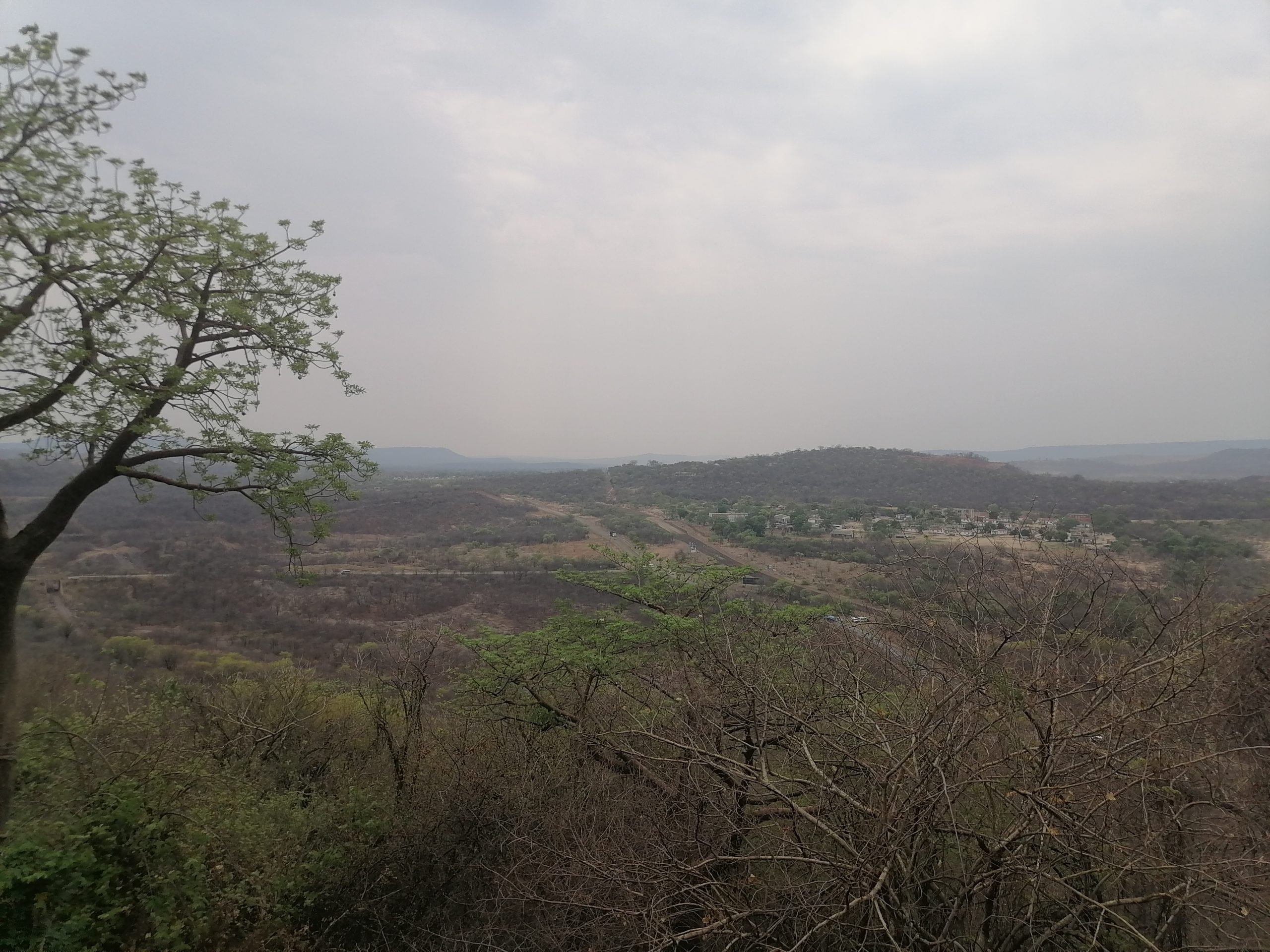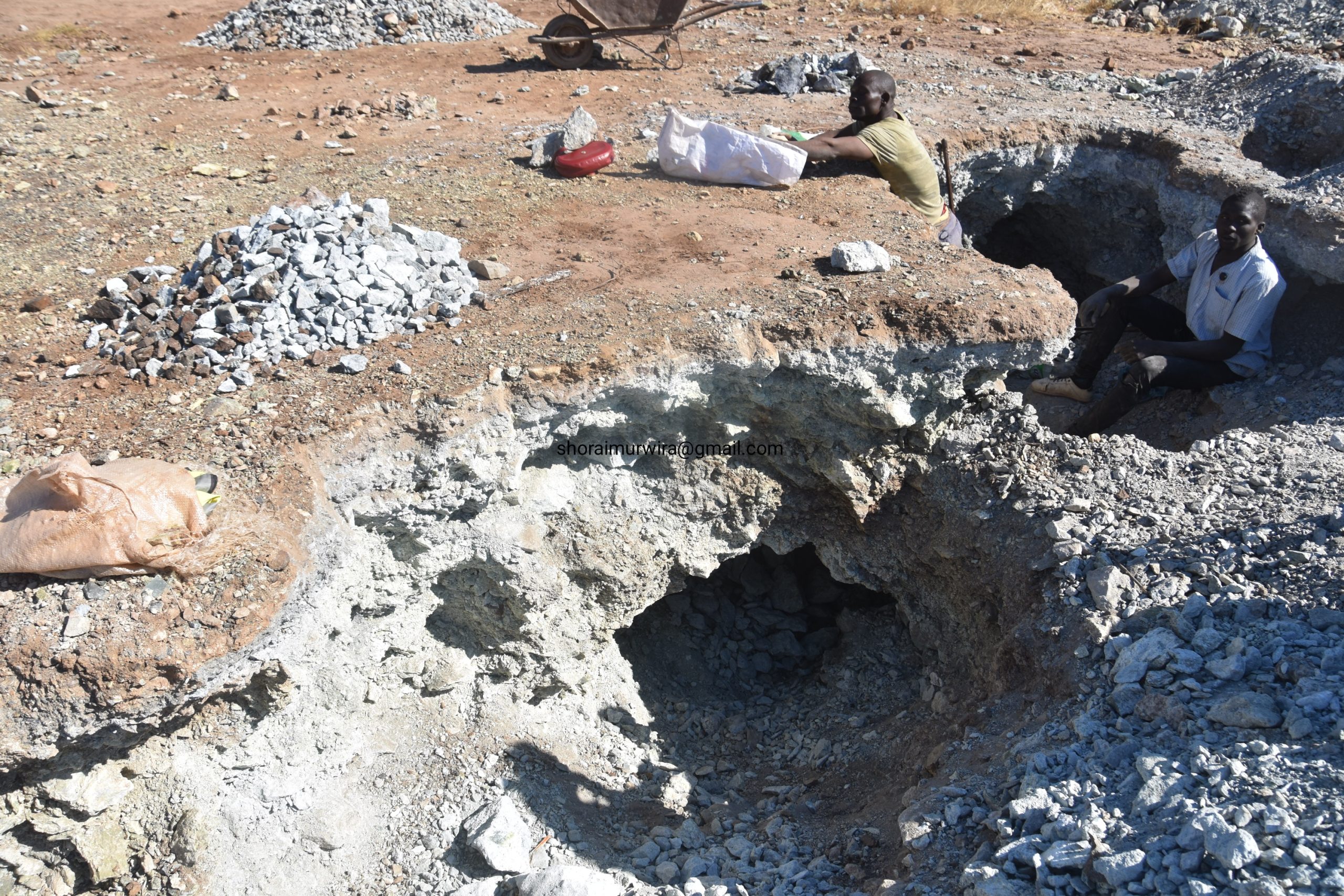Addis Ababa, 8 September 2025 — As the second Africa Climate Summit gets underway, international NGO ActionAid has called on African leaders to reject “false solutions” to the climate crisis, warning that mechanisms such as carbon offsets and geoengineering only serve to worsen the continent’s vulnerabilities.
In a strongly worded statement, the organisation urged policymakers to put the rights of communities most affected by climate change at the centre of discussions and to push for a just and sustainable transition away from fossil fuels and industrial agriculture.
“Africa continues to bear the brunt of the climate crisis. The time has come to demand a just transition from fossil fuels and industrial agriculture,” said Emmaqulate Kemunto, Africa Regional Campaigner at ActionAid International. “Commitments made at this Summit must deliver a just transition for Africa, by Africa.”
ActionAid stressed that climate justice in Africa cannot be achieved without tackling debt and ensuring fair and transparent climate finance. The group reiterated that funding for adaptation and transition must come as grants, not loans, to avoid worsening the debt burden of already struggling economies.
Nigus Simane, ActionAid Ethiopia’s Country Director, said Africa must show leadership and forge a new pathway to address the climate crisis based on justice, inclusion, and equity. He emphasised that the rights of people most affected by the crisis must be at the centre of conversations to move away from the systems and false solutions that have perpetuated climate injustice.
The organisation is calling for African leaders to push back against technologies it describes as false solutions, including carbon offsets, gene editing and geoengineering, and instead to invest more in agroecology and other community-led approaches. ActionAid argues that only people-centred solutions can ensure a just transition that reduces inequality, safeguards rights and strengthens resilience.
Spokespeople from ActionAid in Ethiopia, Tanzania and Kenya are attending the Summit in Addis Ababa to amplify these demands and engage with policymakers as deliberations continue.








